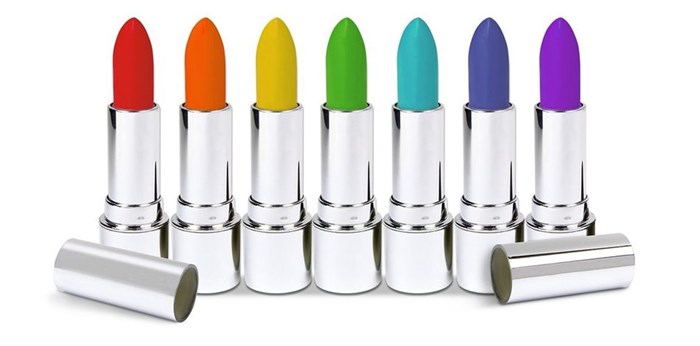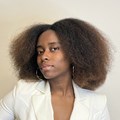The beauty industry has always been a realm of innovation and creativity, driven by passionate entrepreneurs who are committed to making the world a more beautiful place. In this industry, challenging stereotypes and achieving remarkable success are key.
The opportunities available for aspiring female entrepreneurs in the beauty sector and how they can access these markets to make their mark are indelible features of a new era of beauty for millions of women across the globe.
The constant evolution and the never-ending demand for novel products and services is a testament to the demand for a new beauty standard with an ethical yet flavourful African premise. The dynamic landscape creates a plethora of opportunities for female entrepreneurs with innovative ideas and a passion for beauty.
Female entrepreneurs can thrive by identifying and addressing unmet needs in the beauty industry that they already consume so much of. This could be organic and sustainable skincare products, cruelty-free cosmetics, or personalised beauty services through the use of their own experiences.
The advantages of identifying niche markets offer a chance for entrepreneurs to stand out and build a dedicated customer base. Entrepreneurs need to answer what consumers need and respond to, rather than the traditional models based on old assumptions about what and who beauty represents.
It is by no coincidence that male professionals and entrepreneurs globally too have enjoyed thriving careers in this industry, albeit not being direct consumers in the way that women are.
According to the latest statistics, the global beauty industry market size is set to be worth $579bn by the end of 2023. This will mark a 7.8% increase year-over-year, the fastest annual growth rate in at least 11 years.
This is a combination of e-commerce, global access, and technology. The digital age has revolutionised the way beauty products are sold. Women can create their own e-commerce platforms to reach a global audience. Social media, in particular, has become a powerful tool for marketing and building a brand.
Female entrepreneurs can leverage these platforms to connect with their target customers and showcase their products. The intersection of technology and beauty is a growing field.
Opportunities can be explored in beauty tech, app development, devices, or software that cater to the beauty needs of consumers. This might include virtual makeup try-on apps and AI-driven skincare recommendations.
Many beauty brands are starting to look to the industry's future by embracing technology by priming their millennial audience into integrating and utilising a skin routine based on AI insights, bringing a new and personal conversation on platforms that customise the beauty experience.
Tebogo Moraka, founder of Home of Nula highlights that while the beauty industry presents numerous opportunities, it is essential to acknowledge the challenges that female entrepreneurs might face. These challenges may include access to markets and funding, relevant and functional business support, breaking through established competition, and healthily aligning one’s personal and professional life optimally.
Tebogo further states that the need to build a solid network of mentors, fellow entrepreneurs, and competent industry professionals can provide valuable guidance and support through relevant networking events and organisations.
“These spaces can provide much-needed perspectives on the potential pitfalls that can prove to be costly. Female entrepreneurs need to prioritise investing time in firstly their overall business strategy as well as improving their financial literacy to enable them to optimise their resources and structure their businesses for enduring success.”
“The beauty industry is a sacred and aligned space for women, especially to express their creativity, innovation, and passion for making the world a more beautiful place. By identifying niche opportunities, utilising e-commerce, embracing beauty tech, and leveraging influencer partnerships, women can access and succeed in this dynamic market,” says Moraka.
Aspiring female entrepreneurs should be inspired to embrace challenges in moving the beauty industry to the next level by working diligently and redefining existing beauty standards. The job of the beauty sector entrepreneur is to avoid following the trends and continuously unravel why consumers buy what they buy, while also maintaining the end goal of growth in the back of their minds to ensure that a valuable relationship between consumers and the beauty industry continues to be nurtured with each generation.
















































